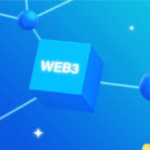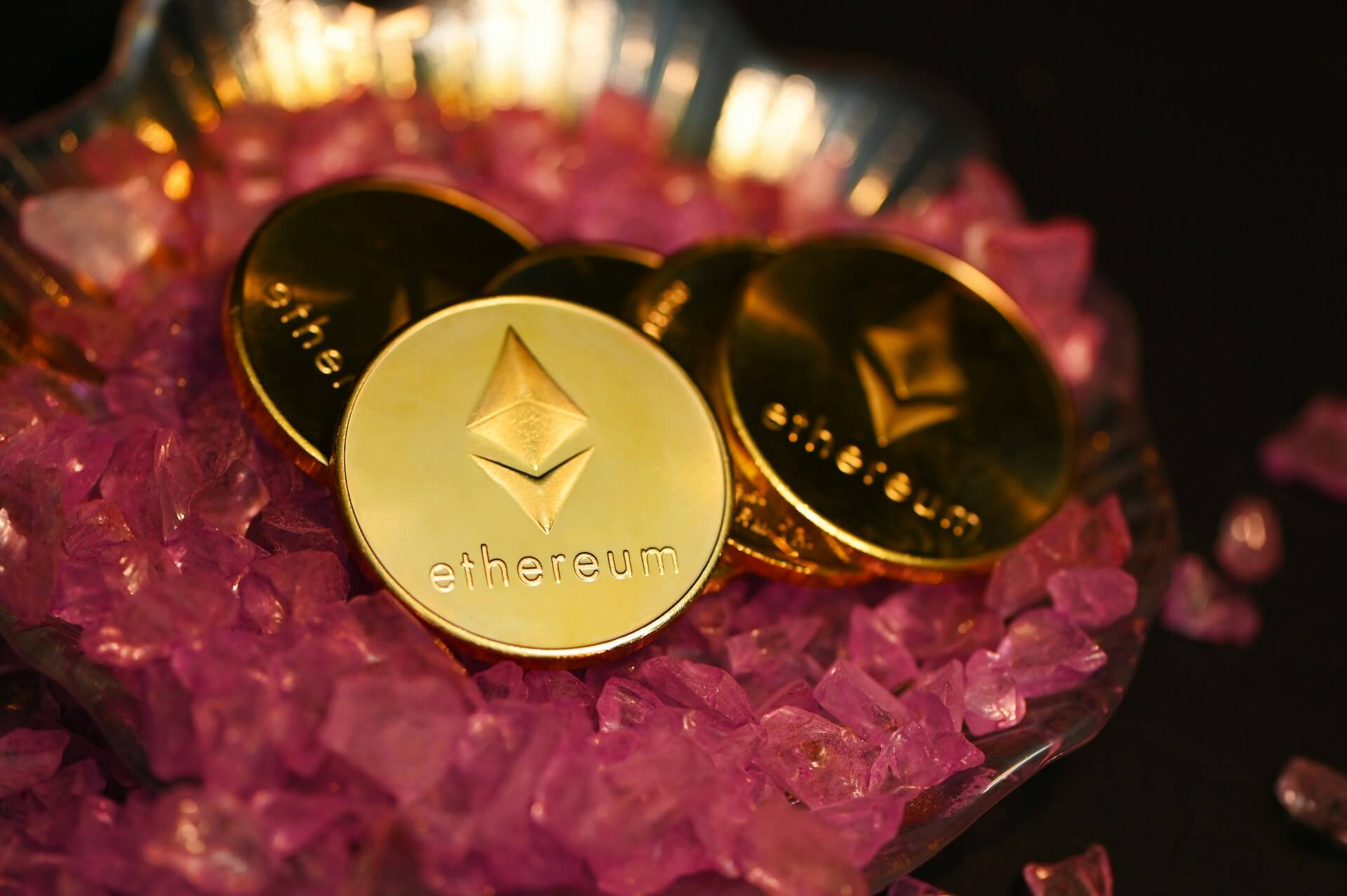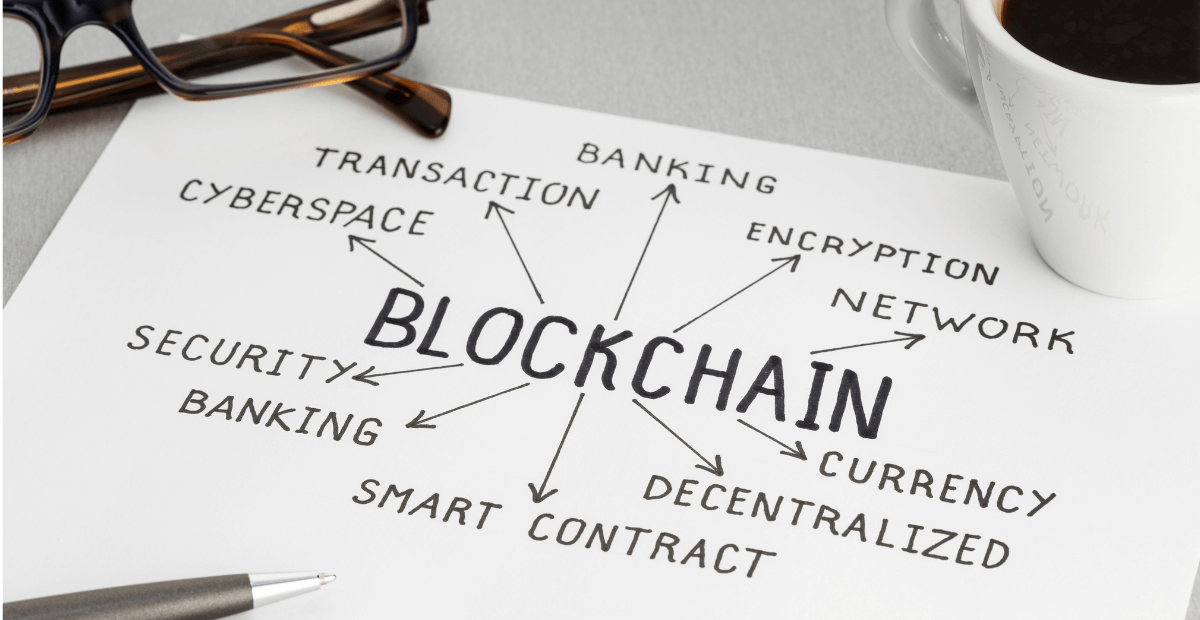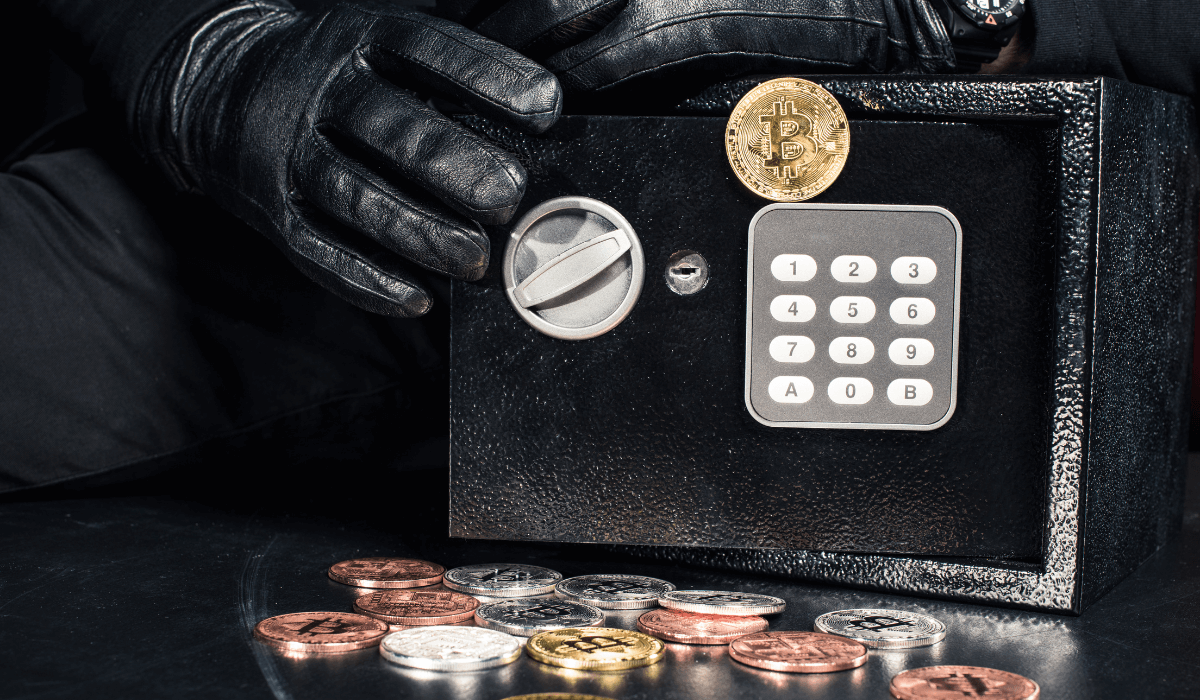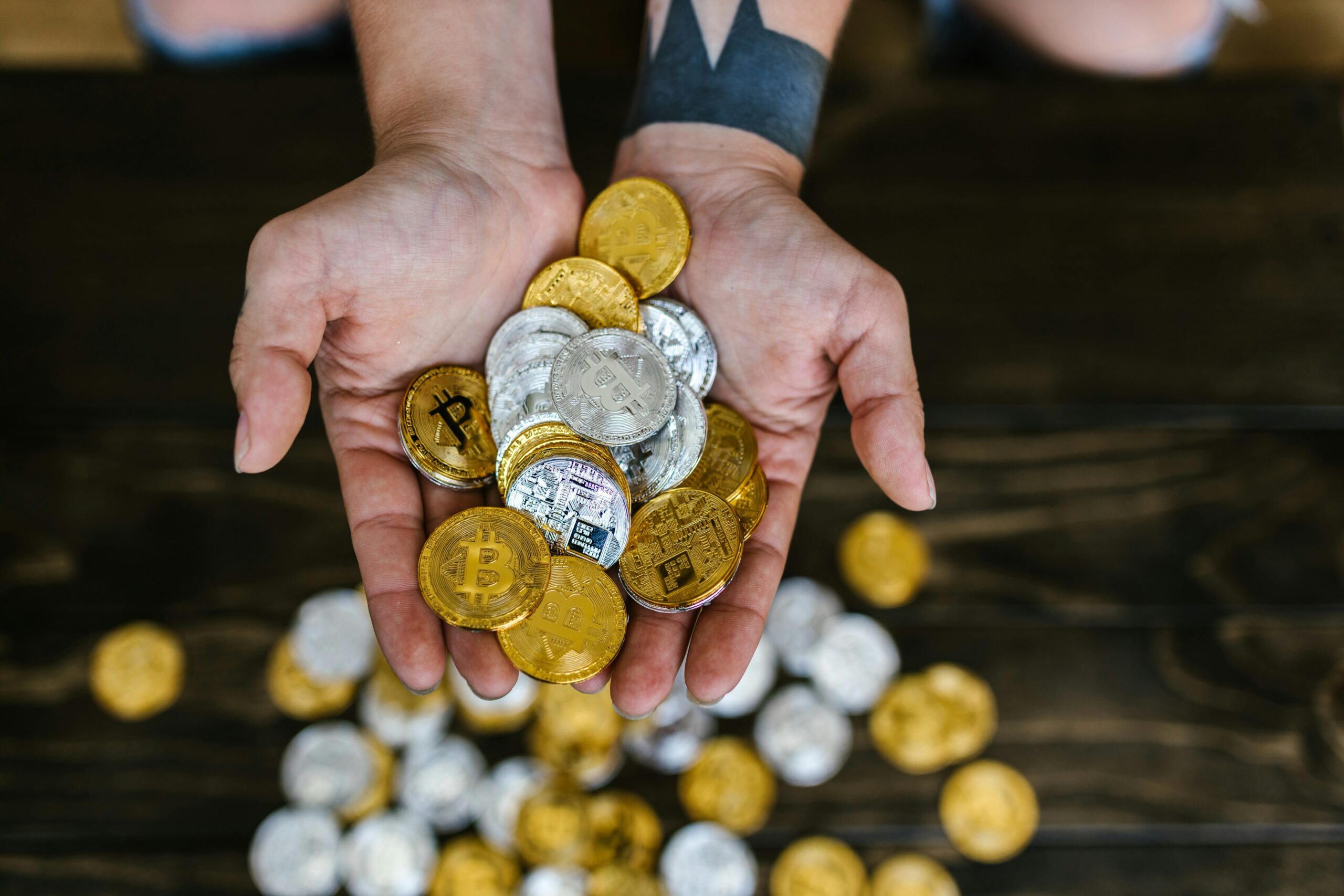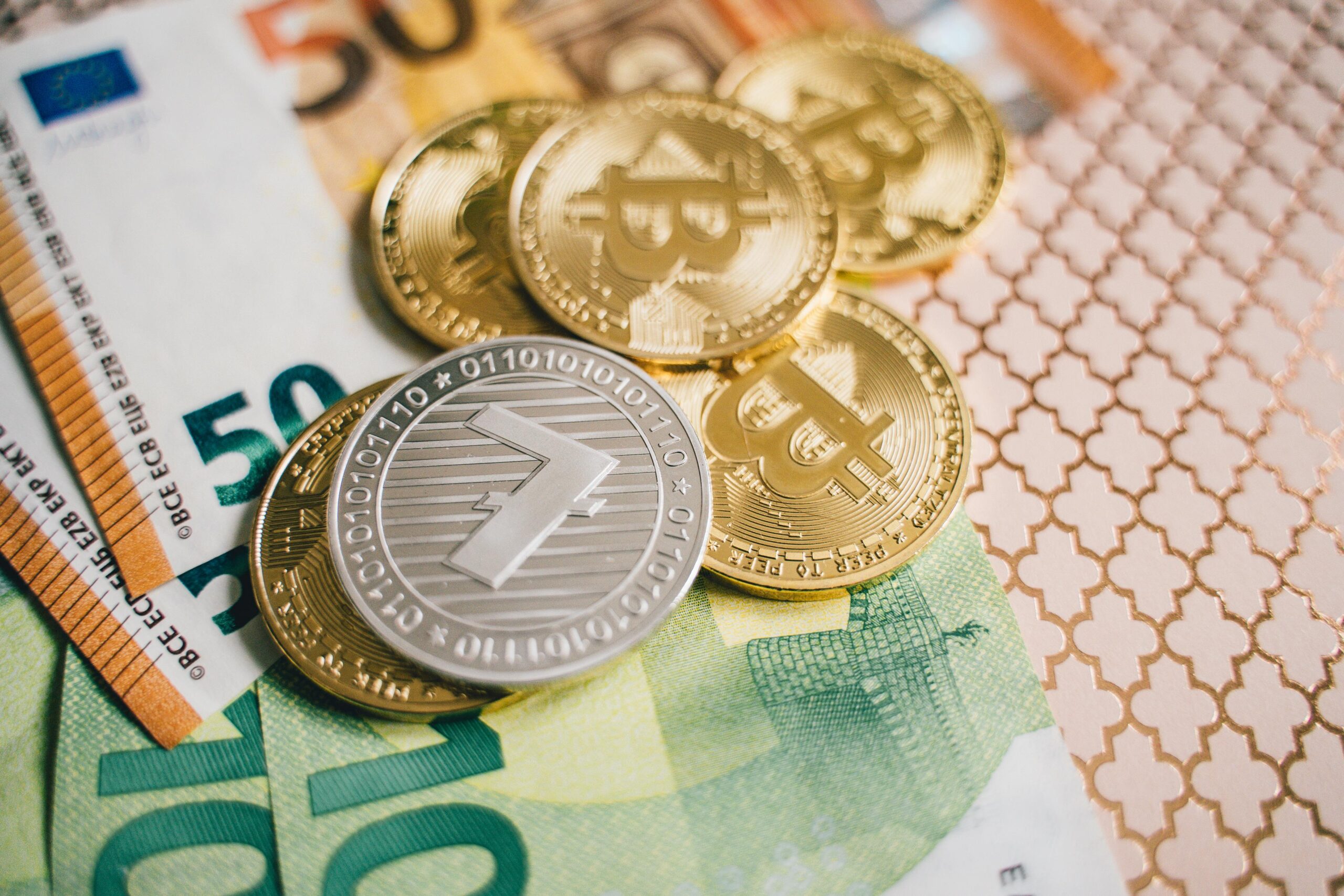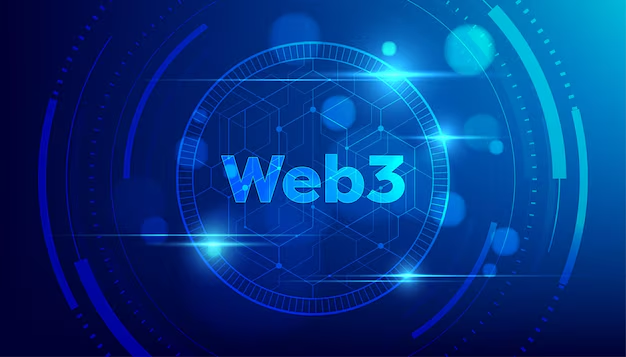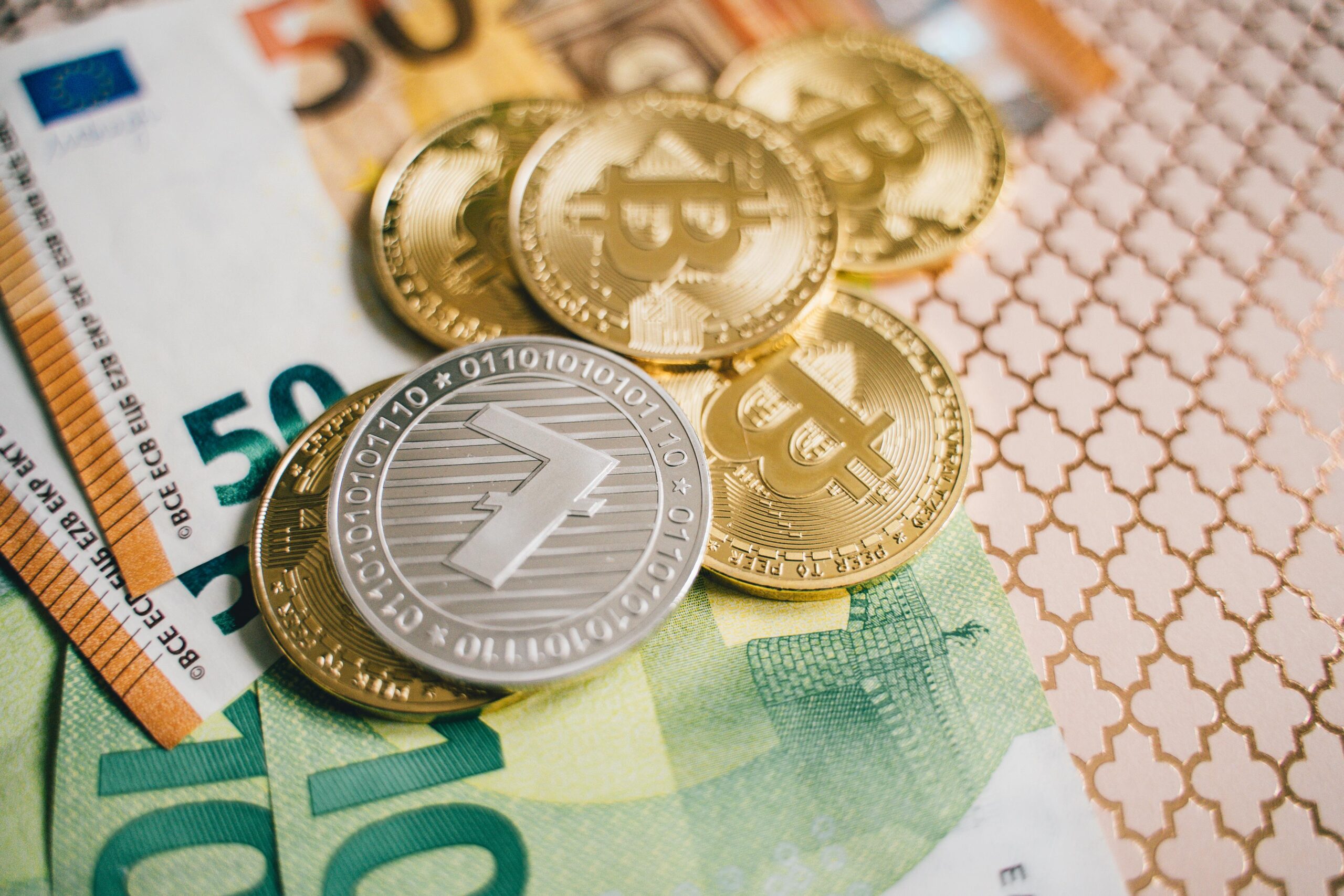The world of Decentralized Finance (DeFi) continues to revolutionize the financial landscape, providing unprecedented access to financial services without the need for traditional intermediaries. However, as with any emerging technology, security challenges persist. Innovations aimed at enhancing security and fostering trust are crucial to building a robust DeFi ecosystem. This article delves into the latest …
DeFi Security and Innovation: Building a Safer Financial Ecosystem
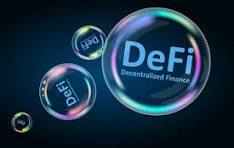
The world of Decentralized Finance (DeFi) continues to revolutionize the financial landscape, providing unprecedented access to financial services without the need for traditional intermediaries. However, as with any emerging technology, security challenges persist. Innovations aimed at enhancing security and fostering trust are crucial to building a robust DeFi ecosystem. This article delves into the latest security advancements and innovations shaping DeFi, offering insights into how the sector is evolving to become safer and more transparent.
The Security Landscape in DeFi
Security remains a critical concern in DeFi, with vulnerabilities posing threats to both individual investors and the broader ecosystem.
- Smart Contract Risks: One of the most significant risks in DeFi is the potential for bugs and exploits within smart contracts. Malicious actors have exploited these vulnerabilities to siphon off millions from DeFi protocols.
- Oracle Manipulation: DeFi protocols rely on oracles to fetch real-world data. Compromised oracles can lead to incorrect data inputs, resulting in severe financial losses.
- Rug Pulls: Fraudulent developers have executed “rug pulls,” where they abandon a project after draining user funds.
Recent High-Profile Incidents
Several high-profile security breaches have highlighted the need for enhanced security measures in the DeFi space:
- Cross-Chain Bridge Attacks: Platforms facilitating asset transfers between different blockchains have become prime targets for hackers.
- Flash Loan Exploits: Attackers use flash loans to manipulate market conditions and execute profitable trades at the expense of other users.
These incidents underscore the urgency of integrating robust security frameworks into DeFi protocols.
Innovative Solutions for Enhanced Security
The DeFi community is actively exploring innovative solutions to address security vulnerabilities:
- Smart Contract Audits: Third-party audits are becoming a standard practice for DeFi projects, helping identify and fix vulnerabilities before deployment.
- Formal Verification: This mathematical approach rigorously proves the correctness of smart contracts, reducing the risk of bugs.
- Multi-Signature Wallets: Requiring multiple approvals for transactions adds an extra layer of security.
- Bug Bounty Programs: Platforms like Immunefi incentivize ethical hackers to find and report vulnerabilities.
The Role of Decentralized Insurance
To mitigate risks, decentralized insurance solutions are emerging as a viable option:
- Coverage for Smart Contract Failures: Protocols like Nexus Mutual offer insurance against smart contract exploits.
- Community-Powered Insurance Pools: These pools allow users to contribute liquidity and share in the rewards of providing coverage.
By spreading risk, decentralized insurance helps instill confidence in DeFi protocols.
Regulatory Developments and Security Compliance
As DeFi matures, regulatory scrutiny is increasing, compelling projects to adopt security best practices:
- Know Your Customer (KYC) and Anti-Money Laundering (AML) Compliance: While controversial in decentralized circles, these measures are gaining traction to deter illicit activities.
- Self-Regulation: Industry-led initiatives are establishing security standards and frameworks to promote best practices.
User Education and Awareness
Educating users about potential risks and best security practices is essential for fostering a safer DeFi ecosystem:
- Wallet Security: Users are encouraged to use hardware wallets and avoid sharing private keys.
- Due Diligence: Investors should thoroughly research DeFi projects, checking for audits and community trust.
- Phishing Awareness: Being vigilant against phishing attacks helps protect user funds.
Future Outlook: Building Trust Through Innovation
The future of DeFi security lies in continuous innovation and collaboration:
- Zero-Knowledge Proofs: These cryptographic techniques enable secure transactions without revealing sensitive information.
- Artificial Intelligence (AI) in Security: AI-powered tools can detect anomalies and potential threats in real-time.
- Cross-Chain Security Solutions: As interoperability grows, ensuring secure asset transfers between blockchains will be critical.
Conclusion
Security and innovation go hand in hand in building a resilient DeFi ecosystem. By addressing vulnerabilities and fostering trust, the DeFi sector can achieve its full potential as a cornerstone of the financial future. As new technologies emerge and security frameworks evolve, stakeholders must remain vigilant and proactive in creating a safer, more transparent environment for all participants.
David Steele a veteran financial analyst turned crypto journalist, David has a knack for breaking down complex market trends into digestible insights. With over a decade in traditional finance, he now focuses on Bitcoin, macroeconomic trends, and institutional adoption of crypto.


